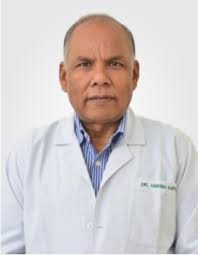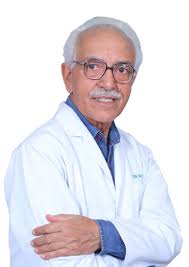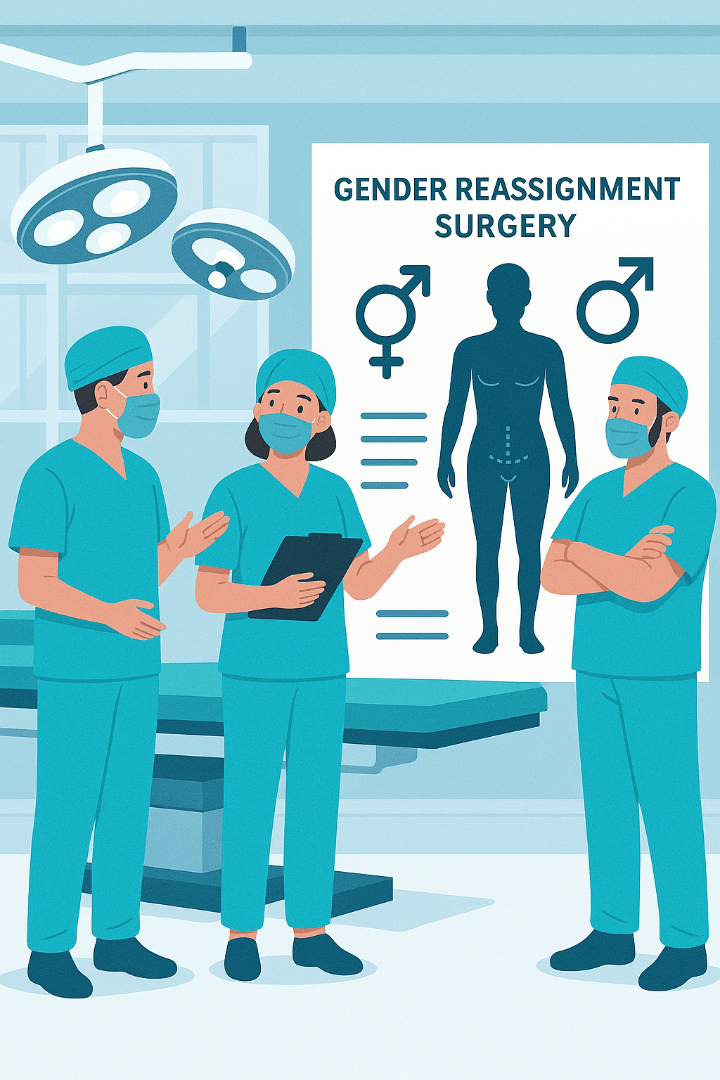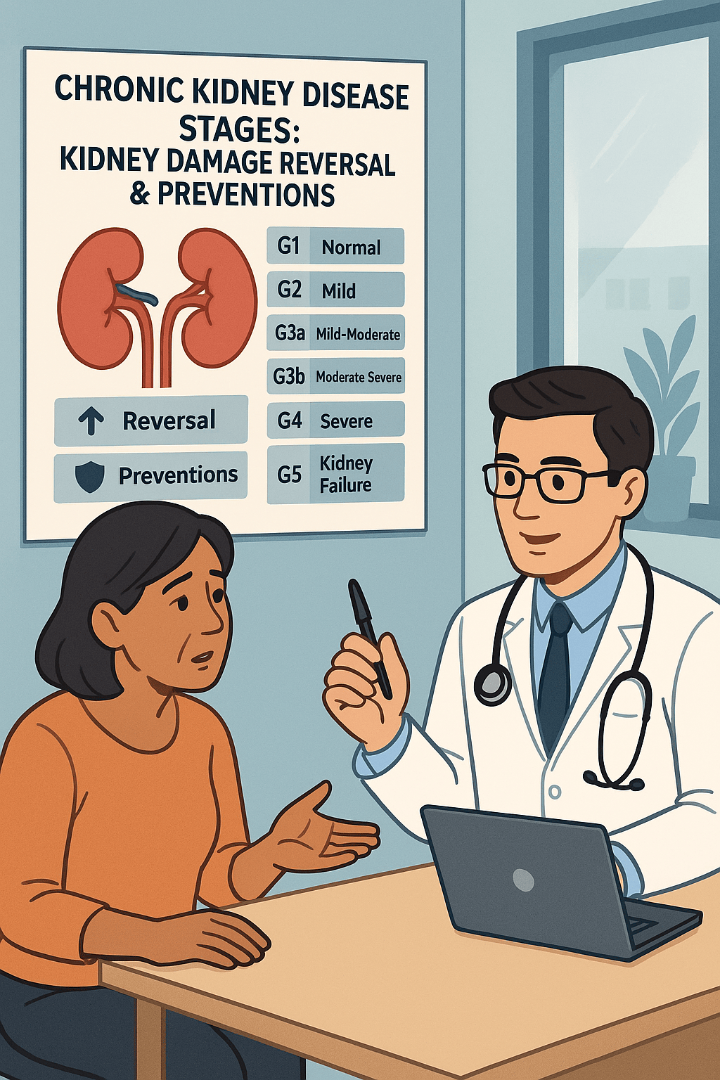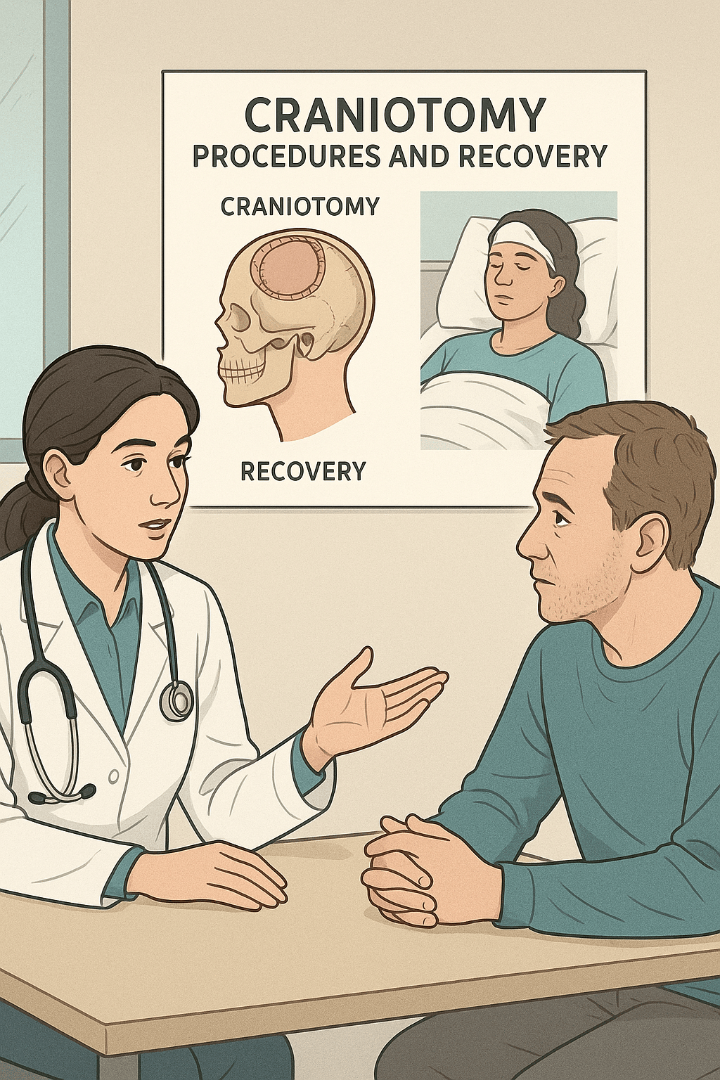What is Abdominoperineal Resection (APR) and how much does it cost in India?
Abdominoperineal Resection (APR) is a complex surgical procedure used to treat cancers of the lower rectum and anal canal, especially when they are located too close to the anal sphincter muscles to allow for a sphincter-saving surgery. In APR, the entire rectum, anal canal, and surrounding tissue are removed, and a permanent colostomy is created for waste elimination.
India offers APR surgery with:
- Expert colorectal and cancer surgeons
- High-end technology (laparoscopy/robotics)
- Personalized care and stoma education
- Significant savings on global costs
What is Abdominoperineal Resection (APR), and what does the procedure involve?
APR is a definitive surgical solution for cancers located in the lower one-third of the rectum or involving the anal canal. These tumors are often too close to the sphincter to allow normal bowel movement preservation, which makes permanent removal of the anal sphincter complex necessary.
APR Procedure Includes:
1. Abdominal Phase:
- Removal of the distal sigmoid colon and rectum
- Disconnection from the anal canal
- Creation of a colostomy (opening in abdominal wall for stool)
2. Perineal Phase:
- Removal of the anal canal and surrounding tissue
- Closure of the perineal wound
3. Colostomy Management:
- Stoma (opening) is brought out in the lower abdomen
- Patients are taught to manage waste with colostomy bags
APR is curative in nature and is often done after neoadjuvant chemoradiotherapy to reduce tumor size.
What are the types of Abdominoperineal Resection procedures available in India?
Indian hospitals offer several surgical approaches for APR depending on tumor location, staging, patient anatomy, and surgeon expertise.
Types of APR Procedures:
|
Type |
Description |
|
Open APR |
Traditional method using a large abdominal and perineal incision |
|
Laparoscopic APR |
Minimally invasive, small keyhole incisions, faster recovery, less pain |
|
Robotic APR |
High-precision, camera-guided robotic arms for complex pelvic dissection |
Approach Selection Depends On:
- Tumor size and stage
- Surgeon experience
- Patient comorbidities
- Prior surgeries or pelvic radiation
India offers world-class surgical expertise in all three approaches — especially laparoscopic and robotic APR, which are increasingly preferred by international patients for their shorter hospital stays and better post-op comfort.
When is APR surgery necessary? What are the medical indications?
APR is typically indicated when tumors are too close to the anal sphincters or when sphincter preservation is not oncologically safe. It is used to achieve complete cancer removal (R0 resection) and prevent recurrence.
Key Indications for APR:
- Low rectal cancer (<5 cm from anal verge)
- Anal canal carcinoma (squamous cell or mucinous types)
- Tumors invading the anal sphincter complex
- Recurrent rectal cancers after previous therapy
- Rectal cancers not responding to radiation alone
- Severe sphincter dysfunction or incontinence with cancer
APR is a life-saving surgery in these cases, offering the best chance of long-term survival and local disease control.
What diagnostic tests and staging investigations are needed before APR surgery, and what is the cost in India?
Before APR is planned, a series of tests are done to:
- Confirm cancer diagnosis
- Assess tumor size, location, and lymph node spread
- Evaluate surgical fitness
Preoperative Evaluation Includes:
|
Test |
Purpose |
Approx. Cost in India (USD) |
|
Colonoscopy with Biopsy |
Direct visualization and tissue diagnosis |
$100 – $150 |
|
MRI Pelvis (Rectum Protocol) |
Accurate staging and tumor mapping |
$120 – $200 |
|
CT Scan (Chest/Abdomen/Pelvis) |
Detect metastasis and nodal spread |
$120 – $200 |
|
CEA Blood Test (Tumor Marker) |
Track tumor activity |
$20 – $30 |
|
CBC, LFT, KFT, ECG, Coagulation |
Evaluate general health pre-surgery |
$50 – $100 |
|
Anesthesia and Surgical Clearance |
Ensure patient safety under anesthesia |
$50 – $70 |
Total Preoperative Workup Cost in India: $400 – $700
In India, these tests are completed within 2–3 days, making preoperative evaluation swift and cost-effective for international patients.
What is the full treatment protocol for Abdominoperineal Resection in India?
India follows an internationally recognized, multidisciplinary cancer care protocol for APR. The treatment pathway typically combines preoperative therapy, surgical intervention, and follow-up.
Step-by-Step APR Treatment Protocol:
1. Diagnosis and Tumor Staging:
- Colonoscopy, biopsy, MRI, CT scan
- Determination of tumor size, location, and lymph node involvement
2. Neoadjuvant Therapy (if needed):
- Chemoradiation is often given before surgery to shrink the tumor and increase resectability
- Usually lasts 5–6 weeks followed by a 6–8 week waiting period
3. Surgical Planning:
- Patient is evaluated by anesthesia, surgical, and oncology teams
- Decision made for open, laparoscopic, or robotic APR
4. APR Surgery:
- Abdominal phase: Sigmoid colon and rectum removed
- Perineal phase: Anal canal and surrounding tissues excised
- Permanent colostomy created in the left lower quadrant
5. Postoperative Care:
- ICU stay if needed for high-risk patients
- Pain management, antibiotics, wound monitoring
- Colostomy education by trained stoma nurses
6. Discharge & Rehabilitation:
- Discharge after 5–7 days (lap/robotic) or 7–10 days (open)
- Patients resume liquids within 24–48 hours
- Stoma supplies and lifestyle counseling provided
7. Follow-Up:
- Histopathology report in 5–7 days
- Oncologist may recommend further chemotherapy based on staging
- Regular check-ups every 3–6 months in year one
India offers this protocol in an efficient, team-based, and patient-friendly manner, with access to post-treatment support and long-term follow-up through teleconsultation.
What surgical technologies and methods are used for APR in India?
India offers a full spectrum of modern surgical methods and technological advancements for colorectal surgeries, including APR. These are on par with surgical practices in top global centers.
Surgical Methods Available:
|
Technique |
Benefits |
|
Open APR |
Direct access, ideal for large tumors or prior surgeries |
|
Laparoscopic APR |
Smaller incisions, reduced pain, quicker recovery |
|
Robotic-Assisted APR |
Greater precision in narrow pelvic spaces |
Key Devices and Tools Used:
- High-definition laparoscopic towers and cameras
- Advanced electrosurgical units for bloodless dissection
- 3D mapping for pelvic anatomy (in robotic cases)
- Linear staplers and tissue sealers
- Colostomy care kits and education tools
- Modern colostomy appliances (one-piece or two-piece systems)
These devices improve surgical accuracy, reduce infection risks, and enhance patient comfort postoperatively.
What is the detailed cost breakdown for APR surgery in India?
India offers affordable, all-inclusive APR surgery packages for international patients, typically structured to include consultation, surgery, hospital stay, post-op care, and stoma training.
Cost Breakdown Table:
|
Service/Procedure |
Estimated Cost (USD) |
|
Initial Specialist Consultation |
$40 – $70 |
|
Diagnostic Tests & Imaging |
$400 – $700 |
|
Neoadjuvant Chemoradiation (if any) |
$800 – $1,200 |
|
Surgical Fees (Surgeon + OT Team) |
$1,500 – $2,200 |
|
Anesthesia & OT Charges |
$400 – $600 |
|
Hospital Stay (5–10 days) |
$500 – $900 |
|
Colostomy Supplies (starter pack) |
$100 – $200 |
|
Post-op Medication & Pain Relief |
$100 – $200 |
|
Follow-up (1–2 visits + histopath) |
$100 – $150 |
Total Cost in India: $4,000 – $7,000
This may vary based on tumor stage, hospital class (private/semi-private), and surgical approach (open vs robotic).
What makes India a preferred destination for APR and colorectal cancer surgery?
India has positioned itself as a global leader in gastrointestinal and oncologic surgeries, attracting thousands of international patients annually.
Why India Stands Out:
- Highly skilled colorectal and cancer surgeons with international training
- JCI/NABH-accredited hospitals offering modern infrastructure
- Access to laparoscopic and robotic techniques for better outcomes
- English-speaking and multilingual support teams
- Affordability and transparency with no surprise billing
- Fast-track scheduling and no long waiting lists
- Global reputation for post-surgical care and cancer survivorship
In addition, India offers customized dietary plans, wound care support, and colostomy management education tailored to international patient needs.
Why choose Healzone to coordinate APR surgery and cancer care in India?
When international patients need life-saving procedures like Abdominoperineal Resection, they often face uncertainty — where to go, how to plan, and whom to trust. Healzone is the answer for personalized, end-to-end coordination of your treatment journey in India.
Top Reasons to Choose Healzone:
|
Service |
Benefit to International Patients |
|
Medical File Review |
Share reports and imaging remotely before traveling for an expert opinion |
|
Best Hospital Matching |
Get matched with the right hospital based on your diagnosis and financial comfort |
|
Pre-approved Transparent Pricing |
No surprise billing — receive complete cost breakdowns in advance |
|
Visa Assistance |
Receive medical visa invitation letters and embassy coordination |
|
Local Travel & Hotel Help |
Airport pickup, affordable hotel stay, city transport — all arranged for you |
|
Multilingual Support |
English, Arabic, French, Spanish, Russian, Swahili — interpreter support available |
|
Post-Treatment Follow-Up |
Online consultations and continuous support after you return home |
Healzone ensures that logistics, language, cost, and comfort are never barriers to accessing world-class treatment in India. You focus on healing — Healzone handles the rest.
What is the recovery timeline and long-term outlook after APR surgery?
Abdominoperineal Resection is a major cancer surgery, but with the right post-operative care and lifestyle support, patients often return to a stable, productive life.
Post-Operative Recovery Timeline:
|
Recovery Milestone |
Typical Timeframe |
|
ICU/High-dependency (if needed) |
1–2 days (for high-risk patients) |
|
Hospital Stay |
5–10 days (lap/robotic: 5–7 days; open: 7–10) |
|
Resume soft diet |
2–3 days post-surgery |
|
Full wound healing |
2–4 weeks |
|
Return to light activity |
3–4 weeks |
|
Resume normal daily tasks |
5–6 weeks |
|
Begin chemotherapy (if needed) |
4–6 weeks post-op (based on pathology report) |
Long-Term Outlook After APR:
- Permanent colostomy is required, but with modern appliances, patients resume daily life confidently
- Most patients return to work and family life within 2 months
- Oncologic outcomes (especially when APR is done after chemoradiation) show high disease control rates
- With good follow-up, patients achieve 5-year survival rates of 60–80%, depending on stage
India also offers stoma education, nutritional counseling, and psychological support, ensuring patients return home both physically and emotionally prepared

